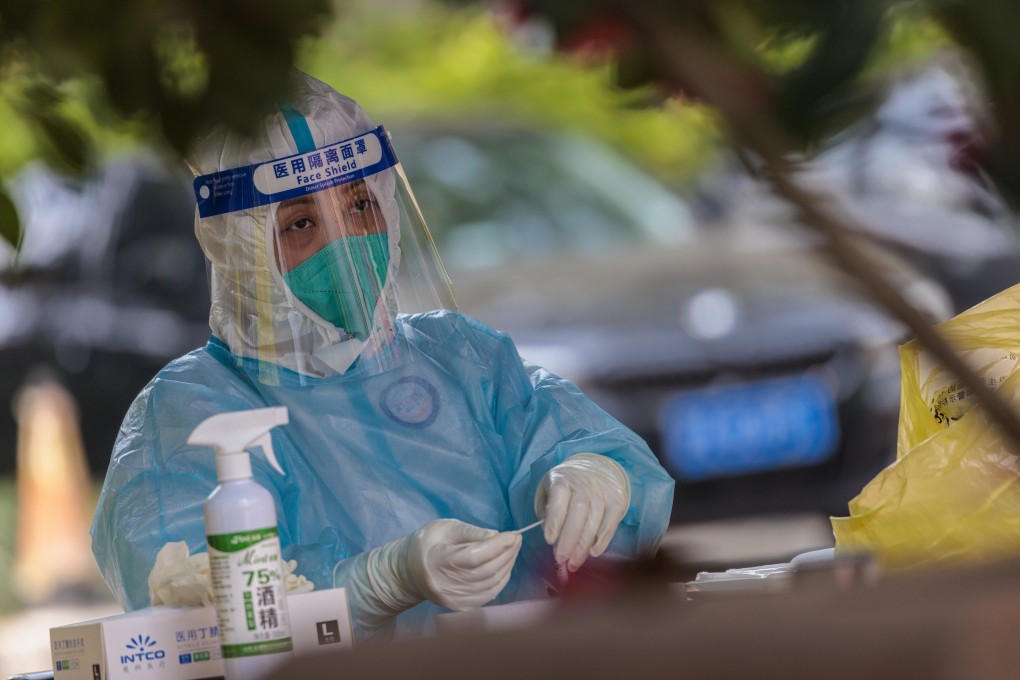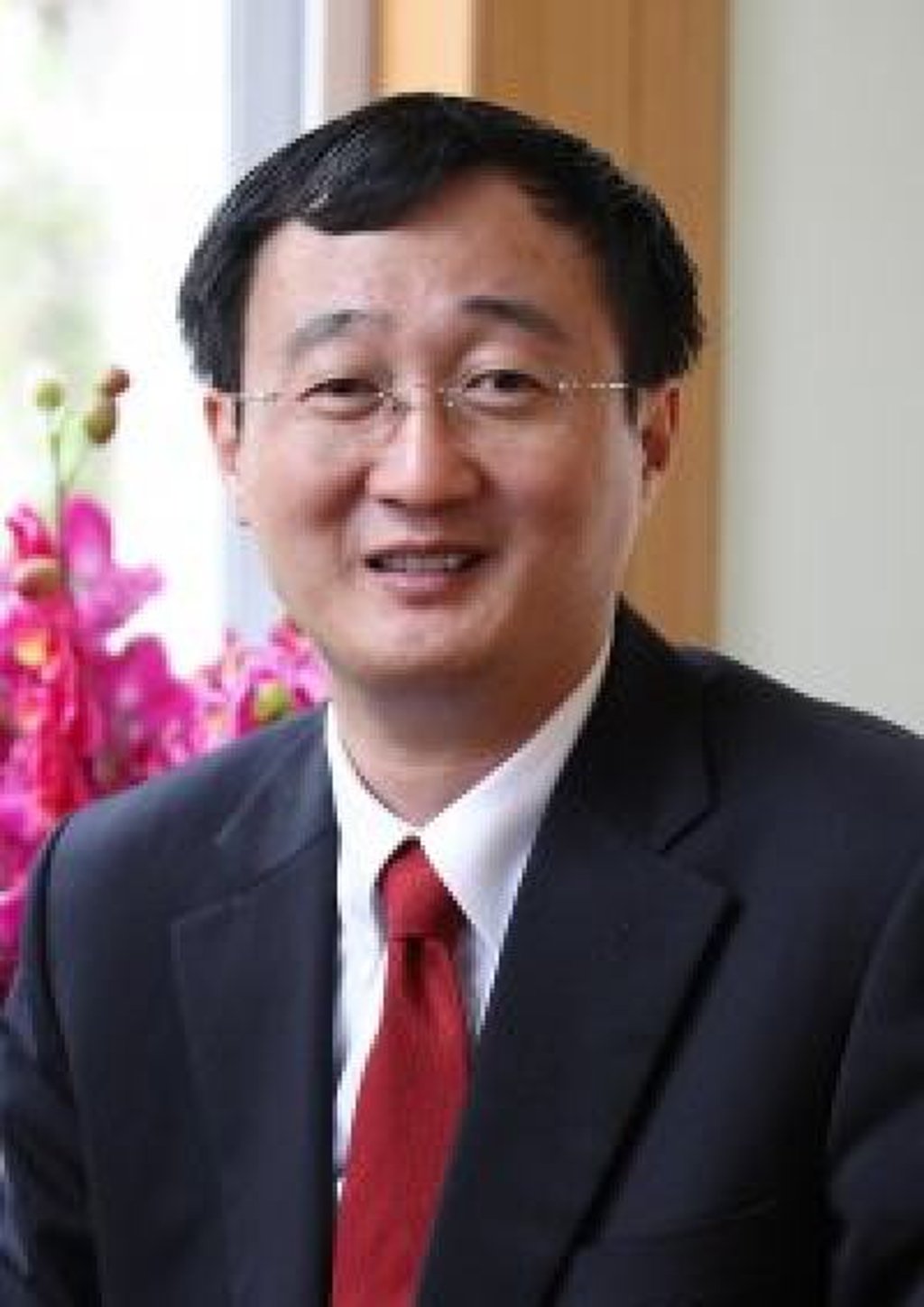Shanghai’s top health official hospitalised for migraine, as pressure of keeping city locked down takes toll on medical workers
- Wu Jinglei, head of Shanghai’s health commission, is recovering from migraine at the Zhongshan Hospital in the Xuhui district in Puxi, according to two government officials
- The paediatrician, 60, is the director and deputy commissar of the Shanghai Commission of Health and Family Planning

Shanghai’s health commissioner has been hospitalised, as the pressure of keeping a metropolis of 25 million residents locked down took its toll on the city’s top health official.
Wu Jinglei, head of Shanghai’s health commission, is recovering from migraine at the Zhongshan Hospital in the Xuhui district in Puxi, according to two local government officials who know about his health condition, speaking on condition of anonymity. He does not have the Covid-19 disease, they said.
The paediatrician, 60, is the director and deputy commissar of the Shanghai Health Commission, the local authority at the forefront of the city’s struggle to keep the Covid-19 disease at bay. News about his illness was widely circulated on social media.
“Wu is well regarded in Shanghai,” said Meng Tianying, a senior executive at Shanghai-based consultancy Domo Medical. “His expertise and knowledge [about public health management] are still badly needed in Shanghai’s battle against the virus.”

Wu is not the only local official to have buckled under the stress of maintaining a citywide lockdown in Shanghai, now entering its third week, which has strained supply chains, depleted essential supplies and led to seething public anger.